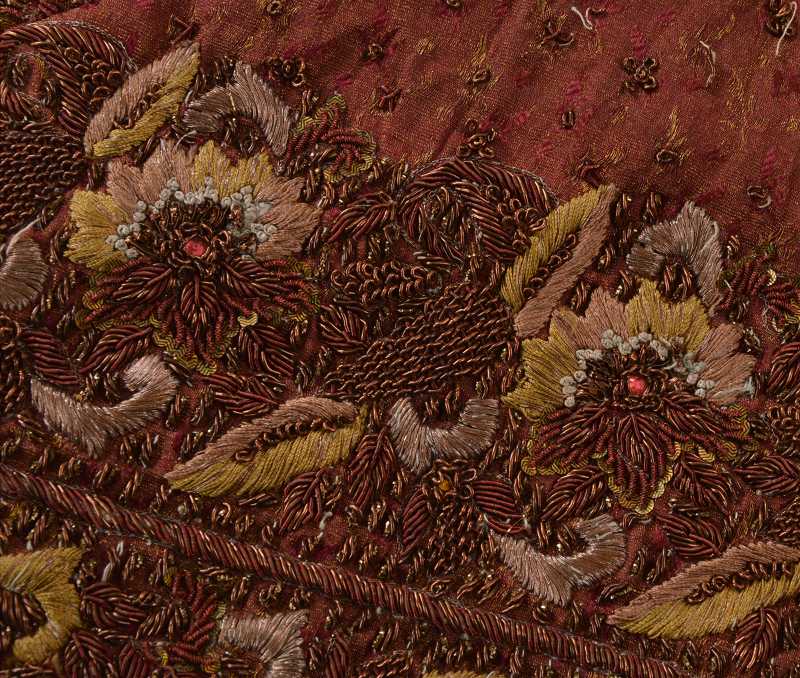===
0904,
20
===

=== |
 |
mustaʿidd : 'Ready, prepared; prompt; on the alert, on the qui vive; on the point (of) ; —prepared, arranged, put in order ... ; —able, capable, apt, fit, proper, worthy'. (Platts p.1032)
suḳhan : 'Speech, language, discourse, word, words; —thing, business, affair'. (Platts p.645)
qābil honā : 'To be or become fit (for); to be competent, or skilled, &c.; to be deserving (of), to deserve, merit'. (Platts p.785)
FWP:
SETS == DIALOGUE; POETRY; WORDPLAY
MOTIFS
NAMES
TERMSObviously a large part of the charm of the verse is in the wordplay with suḳhan (see the definition above), with its basic sense of 'speech, words' that extends in one direction to mean 'poetry', and in another direction to mean 'criticism' (in the sense of being talked or gossiped about).
The people who are imagined as poets, and as recipients of criticism, are mustaʿidd (see the definition above)-- alert, quick, apt, capable, ready for action. Such an adjective evokes the quick-witted qualities of the ideal Ustad, who is able to compose impromptu lines and verses (as we know from dozens of admiring anecdotes in āb-e ḥayāt and elsewhere) not only at his own pleasure, but also in response to a patron's sudden demand. Thus Mir imagines the poet as a sharp, lively, energetic person, not some woolly absent-minded maladroit dreamer. It's even possible that the capability of such poets is what subjects them to criticism-- people may feel that these alert poets have the talent to do more, that they should know better than to waste their time merely arranging and rearranging sequences of words.
Mir seems to consider the patronizing or skeptical question in the second line to be particularly characteristic of his own time ('nowadays'). SRF notes it in ours as well. Can there ever have been a time in which such questions were not asked? Poets of course ask such questions of themselves too, and work out their own answers.
Note for grammar fans: Here, apnā fan is short for something like tumhārā apnā fan jo hai . The second line could also be imagined as spoken by the poet himself, in which case apnā fan would be short for hamārā apnā fan jo hai . But this reading has less 'connection' with the first line, and in other ways too is less piquant and snarky.